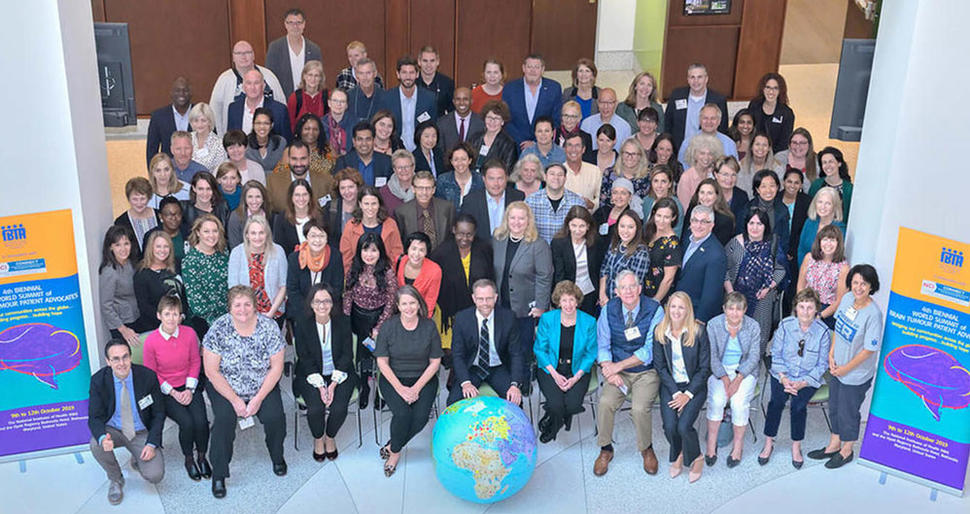NCI-CONNECT partners with non-profit organizations who share a common concern for improving the outcomes of adults with rare central nervous system (CNS) tumors through awareness and education.
What Does It Mean to Be an NCI-CONNECT Partner?
Partners are non-profit groups that work with NCI-CONNECT to identify and engage adults with select rare CNS tumors by disseminating information about clinical trials and new approaches to improve care and treatment.
Who Are Our Current NCI-CONNECT Partners?
NCI-CONNECT is proud to partner with the following non-profit brain and spine tumor organizations, which are committed to raising awareness and educating patients with rare CNS tumors.
- American Brain Tumor Association (ABTA)
- Brains for the Cure (BFTC)
- Brain Tumor Network (BTN)
- Collaborative Ependymoma Research Network (CERN) Foundation
- The EndBrainCancer Initiative (EBCI)
- Glioma-Center Foundation (GCF)
- International Brain Tumour Alliance (IBTA)
- National Brain Tumor Society (NBTS)
- Oligo Nation
Questions?
Contact us at NCICONNECT@mail.nih.gov or 240-760-6530.
